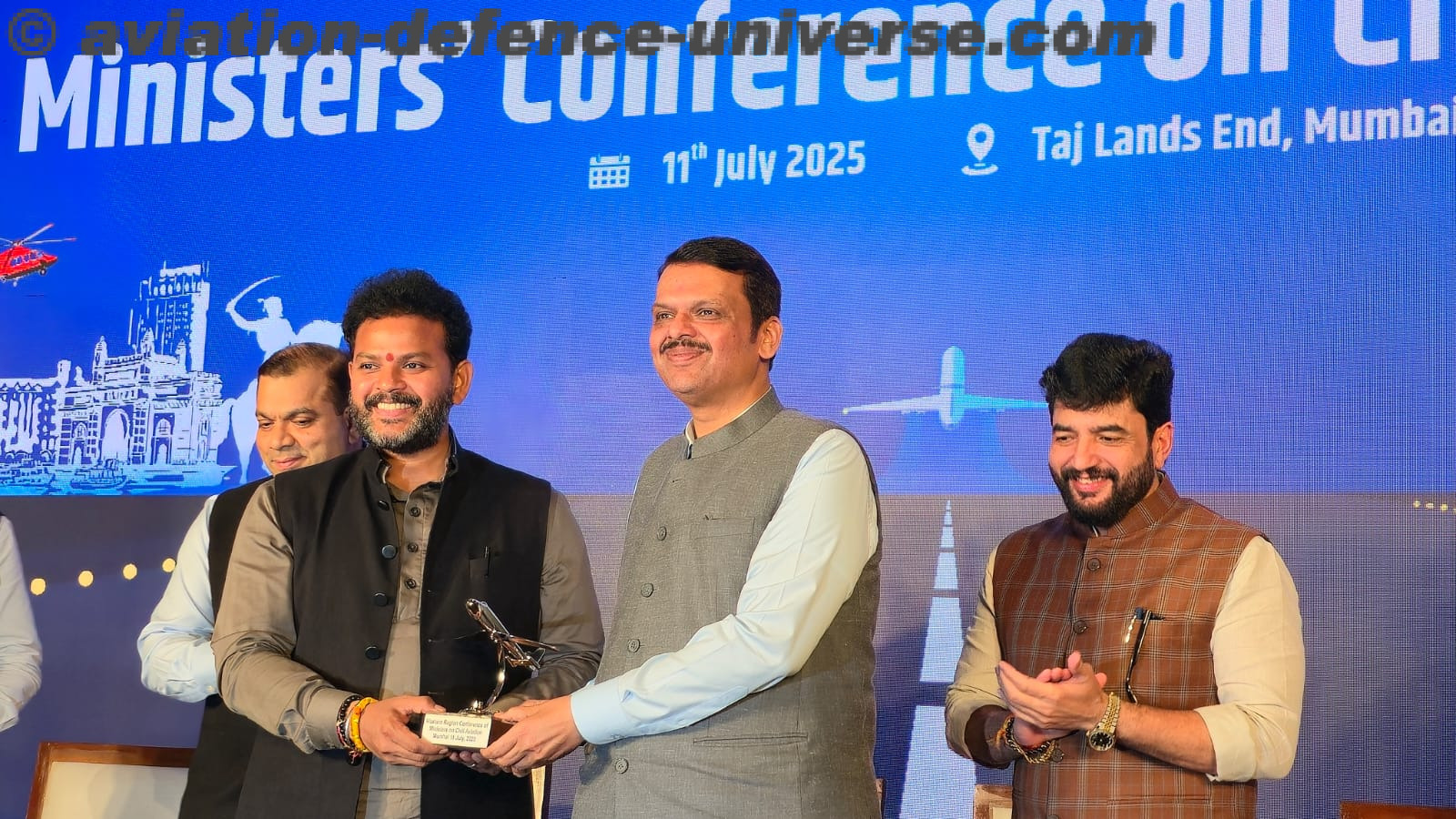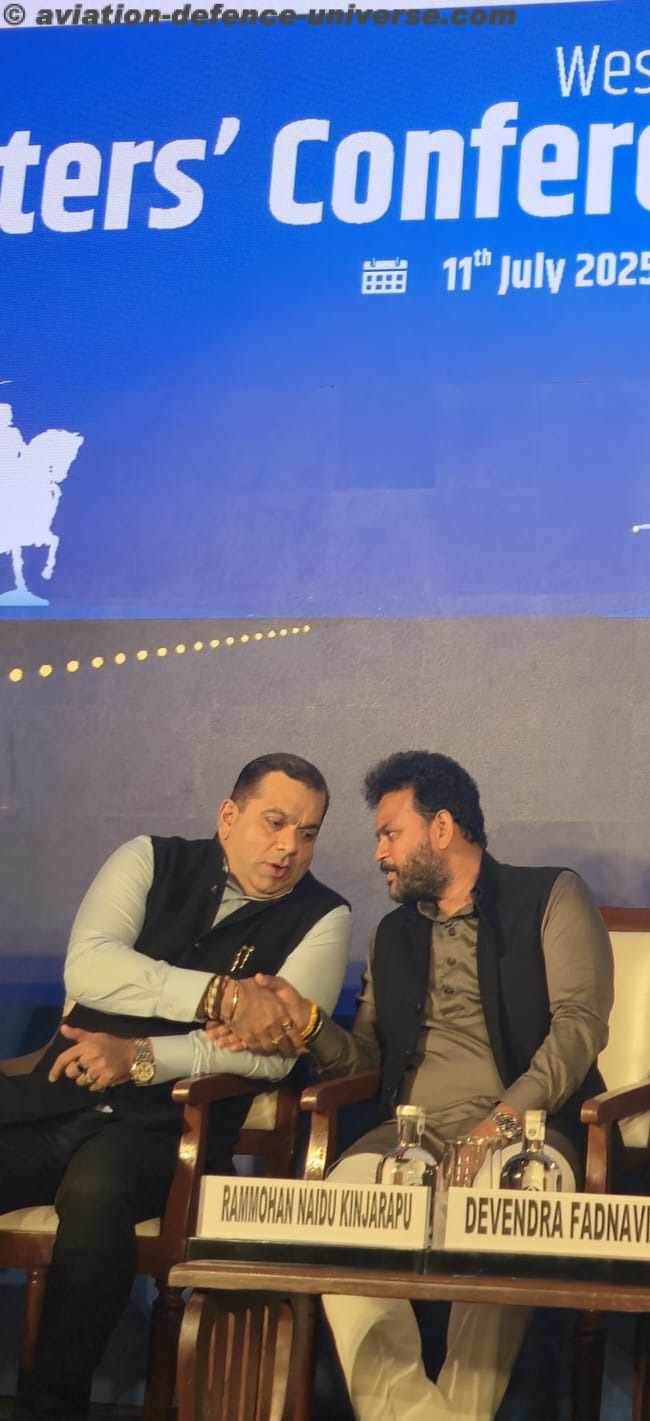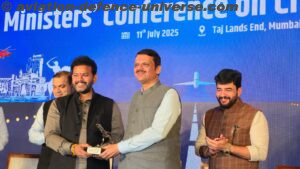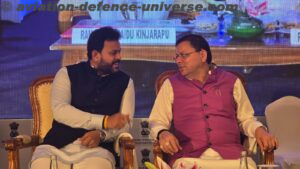By JK Verma
New Delhi. 31 October 2016. Military controlled Inter Services Intelligence (ISI) which has been waging a low intensity war against India, is not only pumping terrorists and suicide bombers but continuously raising and running agents in the country.
The powerful ISI posts its officers and staff in the High Commission of Pakistan in New Delhi especially in Consular Section and when Indian nationals approach for Visa they allure them at the time of issuing the visas to work for Pakistan. Not only this ISI sleuths in Pakistan contact the visiting Indians and persuade them to work for their country on the name of religion and also for monetary consideration. Several times the relations of Indians in Pakistan also press them to work for ISI.
Once visiting Indians agree to work, the ISI officials posted in Pakistani High Commission in New Delhi contact them in India and the vicious game of espionage begins, which always ends in the arrest of Indian spies. Several times the Visa officials recruit Indian visa agents and these visa agents cultivate Indian nationals who work for Pakistan. In the present case Shoaib a Jodhpur based visa agent, raised Ramzan and Jangir.
On October 27, Delhi Police arrested Mehmood Akhtar an ISI operative working as Assistant in Pakistani High Commission in New Delhi, while he was accepting sensitive documents from two Indian nationals namely Maulana Ramzan and Subhash Jangir.
In the beginning Mehmood Akhtar posed himself as an Indian national and also showed a forged Aadhar Card on the name of Mehboob Rajput but Delhi Police was working on definite information and took Akhtar to Police Station where he accepted that he was an ISI official and working in Pakistani High Commission.
Aadhar card was made by supplying documents of a house in Old Delhi, which is not difficult for an official working in Pakistani diplomatic mission, as large number of Indians who visit Pakistan submit photocopies of their documents along with visa application forms. However it must be enquired from where Aadhanr card was issued and was there any foul play in it.
The agents as well as their handlers were communicating with each other through WhatsApp, as the security agencies could not obtain the call details. Akhtar was meeting his agents once in a month and in the personal meeting he was paying the remuneration ranging from Rs.30000 to 40000 in lieu of the reports.
ISI which is involved in the proxy war against India, recruits Indian nationals for several illegitimate acts including smuggling of drugs, circulation of counterfeit currency and assisting Pakistani terrorists in their nefarious activities. ISI agents also recruit low level agents for recce the sensitive installations including establishments of defence and paramilitary forces so that Pakistani trained terrorists attack these targets.
The analysts claim that after surgical strike by Indian defence forces on September 29 in Pakistan Occupied Kashmir (POK), Pakistani army Chief Raheel Sharif is under tremendous pressure to carry out some major terrorist activity in India before his retirement scheduled in November 2016. Hence ISI agents in India are collecting information about security installations so that terrorist attack can be executed.
The ISI runs a wide network of agents in India and the security agencies succeeded in arresting several of them. Minister of State for Home Affairs revealed in Rajya Sabha on March 9 that 46 Pakistani agents were caught in three years between 2013 and 2016.
There are reports that ISI officials have recruited few girls also and these girls honey-trap Indians.
After arresting Mehmood Akhtar with sensitive defence documents, India declared him Persona non grata (PNG) and summoned Pakistani High Commissioner Abdul Basit and told that the Pakistani assistant should leave India within 48 hours. Pakistan in a tit for tat action called Indian High Commissioner in Islamabad and expelled Surjeet Singh from Indian High Commission and told that the assistant should leave the country within 48 hours.
In the tense relationship between India and Pakistan the expulsion of Surjeet Singh is not important as it is common in foreign relations. The significant aspect is that Pakistani security agencies have not tormented the expelled Indian assistant. In past security agencies abducted Indian High Commission personnel both diplomats as well as non-diplomats and tortured them inhumanly.
It appears that even military leadership in Pakistan have realized that now India is pursuing the stringent policy towards Pakistan and if they would torture Indian diplomat, India would reciprocate with equal or more vehemence. Summoning of High Commissioner about expulsion of an assistant also indicates the firmness of Indian foreign policy, as in past a Joint Secretary level officer was calling Deputy High Commissioner and communicating him about the expulsion of the officials. The Indian steadfastness towards Pakistan compelled it to change its policy of gruffness towards India.
Pakistan which nourishes abhorrence towards India does not follow the norms of Vienna convention. In Pakistan the surveillance by counter-intelligence agencies on Indian diplomats is very offensive and several times it is threatening. When Indian diplomats move on car the surveillance is bumper to bumper and if they walk then it is shoulder to shoulder. Indian diplomats are confined to Islamabad, Rawalpindi and Mureee and for going any other place they need a permission which is given very selectively. The Vienna convention clearly debars espionage activities in other countries however Pakistan flouts it blatantly. Pakistani diplomatic missions in India as well as in neighboring countries constantly recruit and run agents for collection of intelligence and other illegal activities.
India should continue with firm policy towards Pakistan and Prime Minister Modi had done a commendable job by raising Balochistan, Sindh and POK issues. Now Pakistan, which always alleges about human right violations by Indian forces in Kashmir, has to defend itself as Pakistani army is the real culprit in these disturbed areas .
(Jai Kumar Verma is a Delhi-based former diplomat and strategic analyst. He was posted in Pakistan. The views in the article are solely the author’s. He can be contacted at editor.adu@gmail.com.)
























































































































